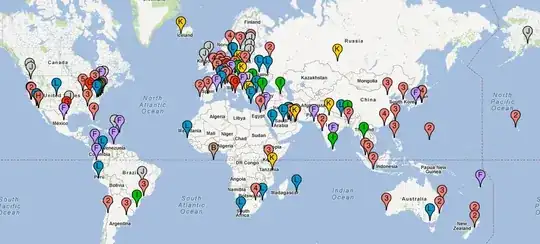Drinking with a friend, he told me how his lecturer had revealed to his class that the US can turn off the Internet for the whole world if it wants to, because all of the DNS root servers are there. I wasn't convinced, because that would go against the decentralised nature of the Internet, and generally it sounds like a poor idea.
Now, I've seen TV programmes where some lad stands in a DNS server room saying "without this the Internet would break", but that sounds exaggerated.
The Wikipedia Root Name Server explains that there were once 10 DNS servers in the US, and that was it, but now they're distributed using Anycast - which is a distributed system.
I also found this interactive map which shows dozens of root servers around the world.

So what's the story? Have the worlds internet folk built a distributed DNS system which no one country can disable for the rest of the world? Does my friend's lecturer need to go back to school?
Or is this whole system, which looks remarkably robust, still relying on the USA?